Rule of law: ‘Role of media, civil society important for implementation’
Agenda highlights allocation of funds, reforms in FIR process
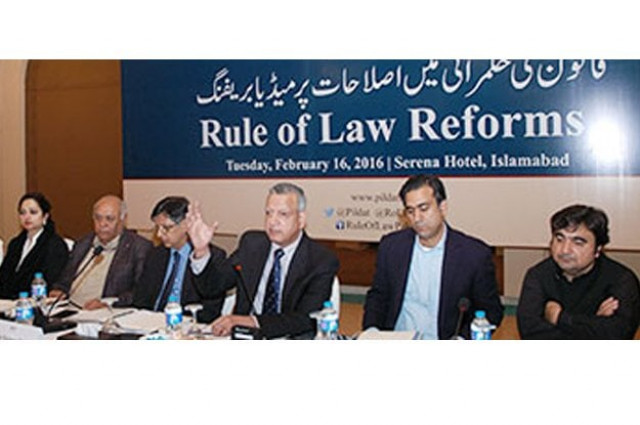
Agenda highlights allocation of funds, reforms in FIR process. PHOTO: pildat.org
Experts and panellists at a briefing session on Tuesday agreed that the media and civil society play an important role in the implementation of rule of law. They were speaking at an event organised by Pakistan Institute of Legislative Development and Transparency (Pildat) for sharing rule of law reform agenda with media officials and members of civil society.
The agenda highlighted several areas including funding allocations and increasing the police budget, reforms in the FIR process, ensuring that arrest is impossible without evidence and an FIR, establishment of legal aid authority at federal and provincial level, amendment in section 154 and enactment of public defenders and legal aid office ordinance along with protection of witnesses through enactment of relevant laws. Azam Nazeer Tarar stressed on the need for training prosecutors and law graduates. “Prosecutors need to be trained to work with police in harmony, as is the case in other countries. Budgets need to be revised. Only one per cent of the police budget goes into training, whereas according to global standards four to 4.5 per cent is spent on training, which creates hope for implementation of laws,” he said.

Senator Mir Hasil Khan Bizenjo, president of the parliamentary caucus on rule of law, said Pakistan’s score and rank on international rule of law index is disappointing — Pakistan is the sixth most populous country in the world and ranked 98th out of 102 countries surveyed in the World Justice Project Report on Rule of Law Index 2015. He stressed that alongside the Parliament, media must also join the cause of strengthening rule of law in the country.
Pildat President Ahmed Bilal Mehboob further stressed on the role of media and civil society in strengthening rule of law. He said that media should be an ally in strengthening rule of law movement. “It is important for all sectors of society to strengthen law because a strong rule of law ensures benefit for everyone and a weak one makes everyone suffer,” he said.
Suhail Shahzad said the situation has changed because Article 10 — the right to a fair trial — is a fundamental right now. “Fairness can only prevail if both the parties in a court are represented by same quality of legal support. If one party does not have a lawyer, it cannot be called a fair trial and therefore it is a breach of a fundamental human right”, he said. It is duty of the government to ensure that everyone gets legal support,” he added.
Former SSP Muhammad Ali Nekokara said that in order to truly bring a change, we would have to engage different sectors of society. “Blaming legal system, police or government will not do any good. We have to move ahead from the blame game and work towards improving institutional disconnect. There is a massive disconnect that needs to be worked on,” he said. He also gave examples from India and UK where media and civil society ensured that justice prevails.
Former IGP Dr Shoaib Suddle said that there has been debate on solutions for the police system various times. “The police needs to be reformed completely. The acting government needs to take a solid decision pertaining to leadership of the police to ensure its laws and processes are carried out successfully,” he said.
Published in The Express Tribune, February 17th, 2016.



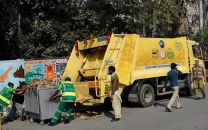
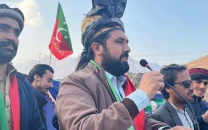
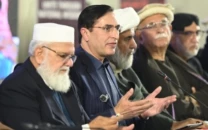
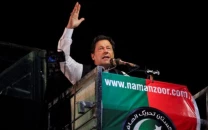
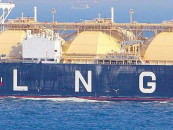

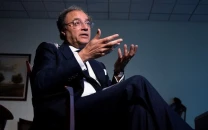









COMMENTS
Comments are moderated and generally will be posted if they are on-topic and not abusive.
For more information, please see our Comments FAQ